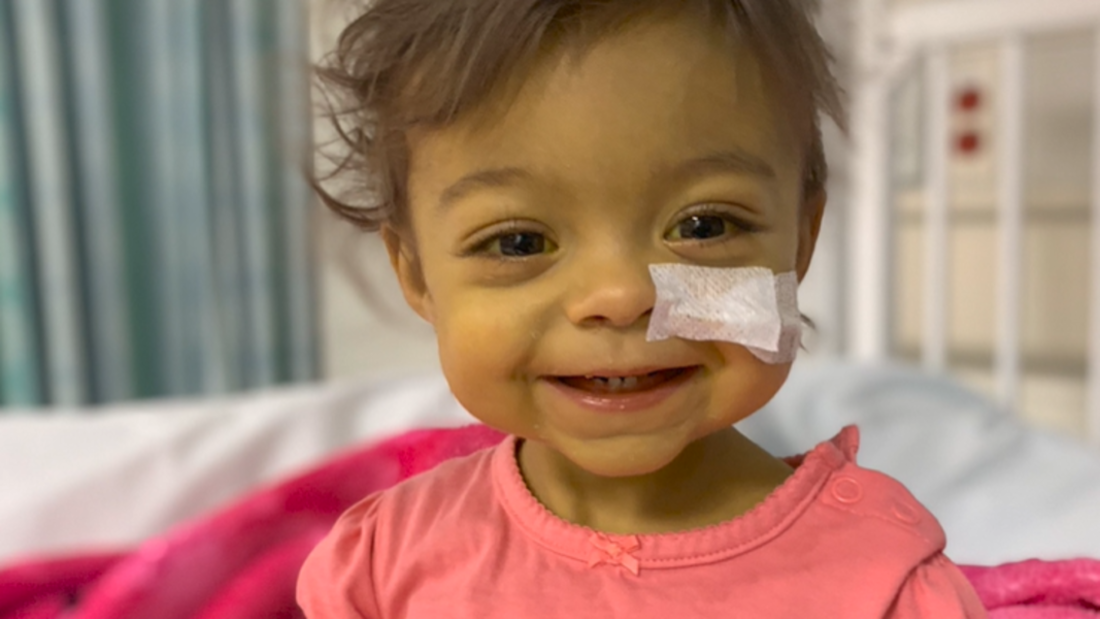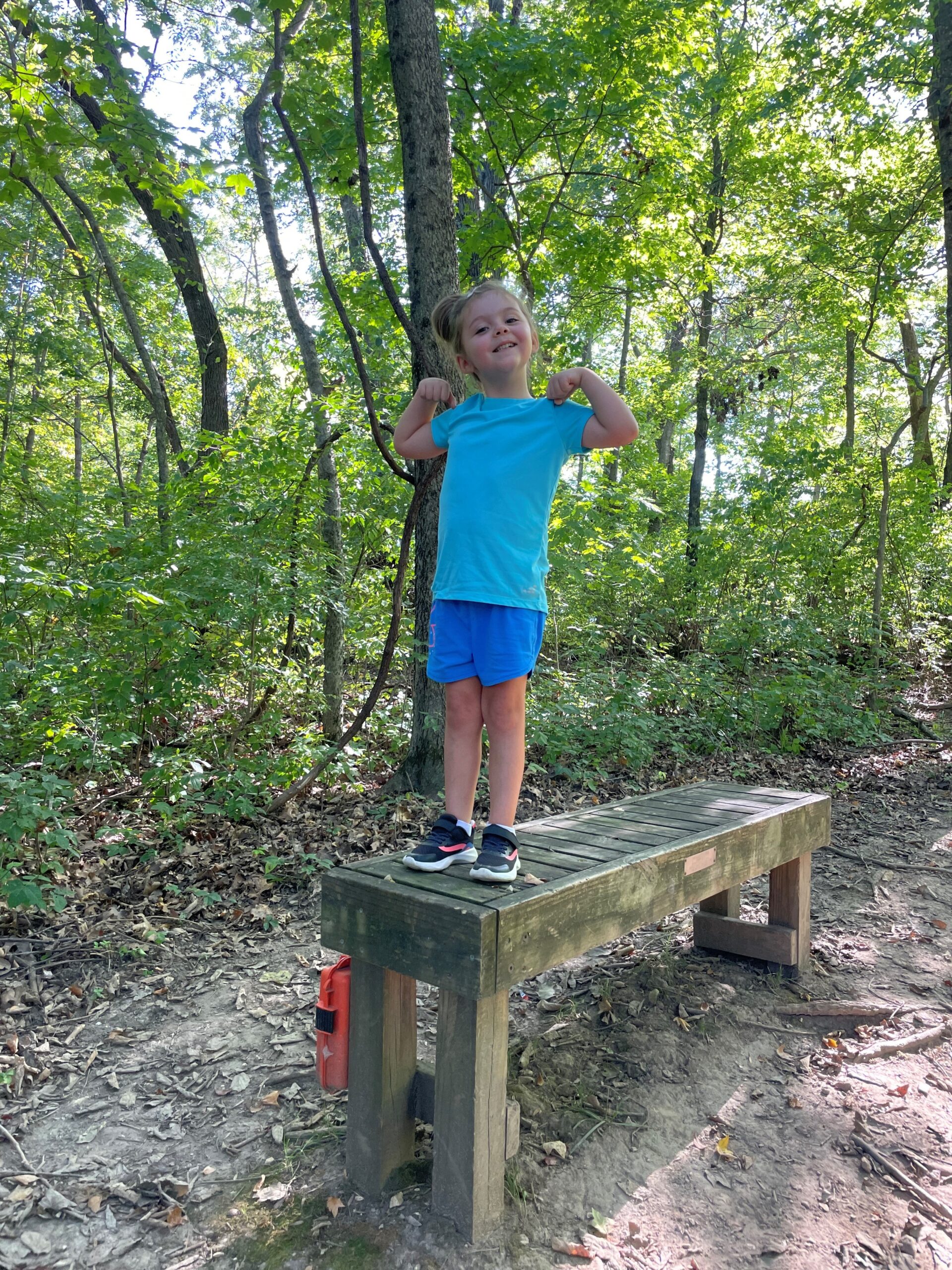

Every parent wants one thing for their child: to live a happy and healthy life. Mike and Kailey Pillman were thrilled to welcome their baby girl Autumn to the world, but at just nine weeks old, Autumn was diagnosed with biliary atresia, an obstruction of the bile ducts that can lead to cirrhosis of the liver and even become deadly if left untreated. Before she even got to celebrate her first birthday, Autumn was fighting for her life.
“You can’t begin to imagine watching your child deteriorate right in front of your eyes and feel completely helpless,” said Kailey. She and Mike jumped to action, knowing time was limited to find Autumn the care she needed. They knew Autumn might need a liver transplant, so they researched where to take her for a transplant evaluation.

“Once we did some research and saw that UPMC was an option, it opened up our eyes and gave us hope at a time where Autumn really started to deteriorate,” said Mike. Kailey and Mike packed up their St. Louis home and flew to Pennsylvania to meet with the team at UPMC Children’s Hospital of Pittsburgh. Doctors there determined that Autumn did need a liver transplant, and her father knew it was an opportunity for him to save her life. Mike became a living donor for Autumn, and after numerous tests and assessments, they were both able to have surgery.
During a pediatric living-donor liver transplant, a portion of a healthy liver from a family member, friend, or even an altruistic donor is removed and transplanted into a child to replace their unhealthy liver. This is possible because of the liver’s unique ability to regenerate or grow back. This option allows a child to receive a transplant sooner than they would if they were waiting for an organ from a deceased donor.
UPMC is one of the first and most experienced transplant centers in the country, and a national leader in living donor transplant. They specialize in all forms of pediatric liver transplant, which decreases waiting list mortality. UPMC prides itself on maintaining open lines of communication with a child’s primary care physician before, during, and after transplant — and their team of transplant surgeons and specialists is available 24/7 for questions and concerns.

“This was not an easy process but UPMC did everything they could and gave us all the resources to make sure the procedure went as best as it could," said Kailey.
Mike and Autumn’s surgeries were both successful, and now their family is thriving. They feel incredibly grateful to have their happy, healthy, energetic little girl back. “If it weren’t for the physicians and the staff at UPMC, I don’t think Autumn would be alive right now,” Kailey said.
Learn more about pediatric liver transplant at UPMC Children’s Hospital of Pittsburgh.



